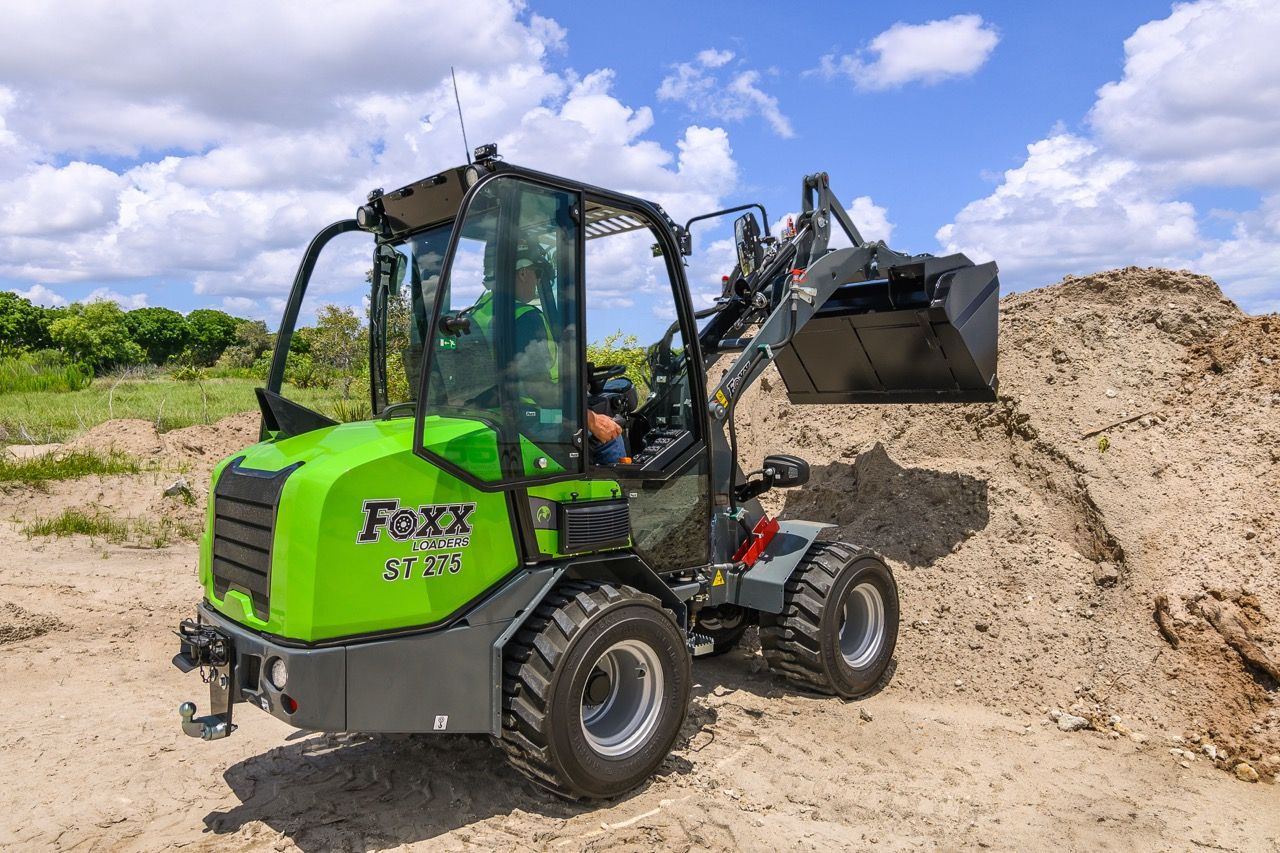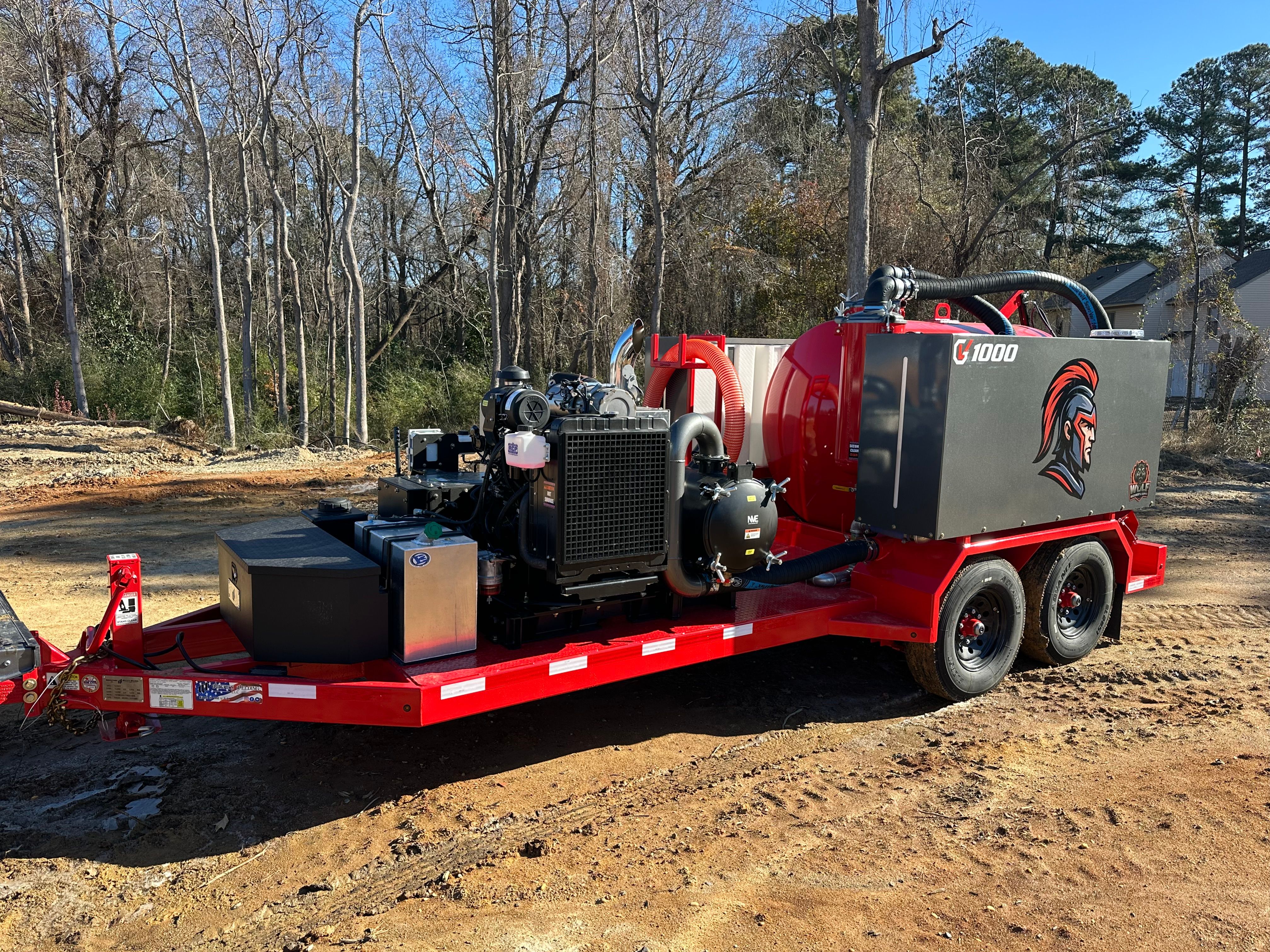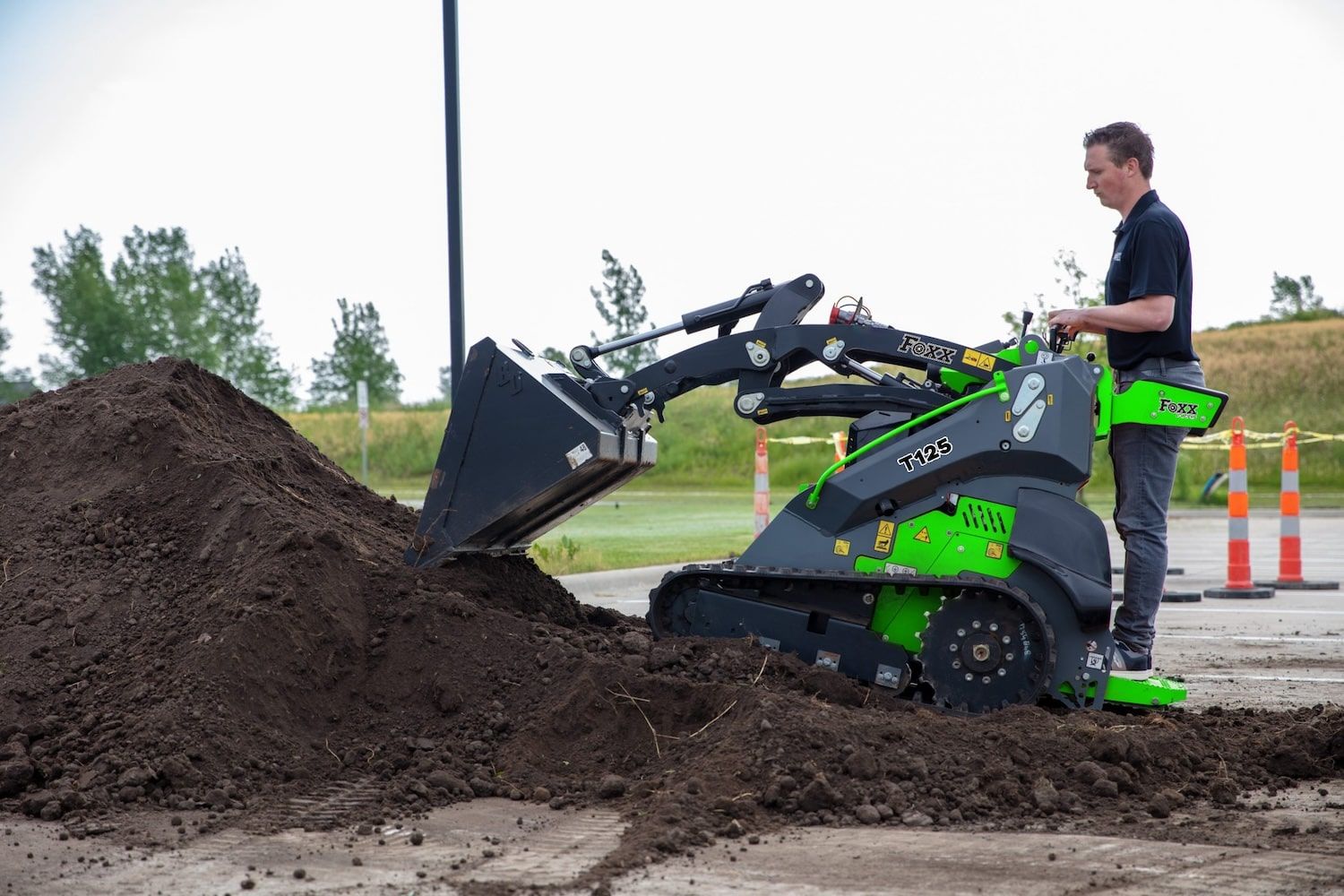Why Maintenance Matters More Than Ever
In today’s fast-paced construction and utility environments, underground utility equipment plays a critical role in keeping projects on track. From horizontal directional drills to mud systems and vacuum excavators, this machinery powers essential infrastructure like fiber, water, sewer, and electrical lines—all with minimal surface disruption.
But with that power comes responsibility.
Without routine maintenance, even the most advanced equipment can become a liability. Downtime doesn’t just cost money—it risks missed deadlines, safety hazards, and frustrated crews. Worse, preventable breakdowns can lead to expensive repairs or even full equipment replacement.
That’s why we created this complete underground utility equipment maintenance checklist—to help contractors, fleet managers, and operators extend the life of their equipment, avoid downtime, and ensure peak performance on every jobsite.
Whether you run a single drill or manage an entire utility fleet, this guide provides clear, jobsite-ready checklists for daily, weekly, and monthly upkeep—plus tips to avoid the most common maintenance mistakes.
Daily Maintenance Essentials
Daily maintenance isn’t just about preventing breakdowns—it’s about setting your crew up for success before the job even starts. By taking just 10–15 minutes each morning to inspect and prep your underground utility equipment, you can catch small issues before they become major delays.
Below is a practical, field-tested checklist your team can use every day.
Daily Maintenance Checklist
- Walk-Around Visual Inspection Look for visible damage, wear on tires or tracks, loose fittings, or fluid leaks.
- Check Fluid Levels Confirm hydraulic oil, engine oil, coolant, and fuel levels are within safe operating ranges.
- Inspect Filters and Vents Clear dust and debris from air intakes, radiator fins, and external filters.
- Grease Primary Points (if needed) Apply lubrication to critical joints and fittings according to manufacturer specs.
- Test Safety Systems Confirm lights, alarms, fire extinguishers, and backup alerts are functioning properly.
- Start-Up Check Listen for unusual noises during ignition and monitor for warning lights or alerts.
Skipping these basics can lead to unexpected failures halfway through a bore. Just one missed hydraulic leak or blocked filter can force your crew into a costly standstill.
Pro tip: Assign the same operator to do the daily check each day. Familiarity makes spotting subtle changes much easier.
These simple steps don’t just preserve uptime—they extend the life of your most valuable equipment and help meet safety standards on every site.
Weekly Maintenance Tasks
While daily checks catch surface-level issues, weekly maintenance digs deeper. These inspections are designed to catch slow-developing wear, prevent mid-project failures, and ensure your underground utility equipment keeps running smoothly under pressure.
Here’s what your team should be doing at least once a week
Weekly Maintenance Checklist
- Grease All Moving Components Apply manufacturer-recommended lubricants to all high-friction points—pivot arms, reamers, winches, and collars.
- Inspect Hydraulic Hoses and Couplings Look for abrasions, cracks, or leaks. Check fittings for tightness and fluid seepage.
- Check Wear Surfaces Review wear plates, drill heads, mud pump seals, and fluid manifolds. Replace anything nearing spec limits.
- Test Locator Batteries and Transmitters Swap or recharge locator components to avoid mid-bore signal failures.
- Clean or Replace Filters Service fuel filters, air filters, and return-line hydraulic filters based on jobsite conditions.
- Inspect Electrical Connections Check for corrosion or wear on terminals, wiring harnesses, and ignition points.
Bonus Tip: Keep a whiteboard or digital log of weekly inspections and flag patterns. Spotting recurring issues early can save thousands in replacement costs.
Weekly maintenance is especially important for rental fleets or shared-use equipment. Small oversights—like a clogged filter or cracked line—can snowball into major downtime if they go unnoticed.
Monthly and Seasonal Checks
Daily and weekly upkeep keeps things moving, but monthly maintenance is where long-term reliability and performance are built. This is the time to inspect deeper systems, update electronics, and prepare your equipment for upcoming seasonal demands.
For contractors working in harsh climates or running equipment year-round, these monthly tasks are critical for extending equipment life and avoiding major repairs.
Monthly Maintenance Checklist
- Inspect HDD Tooling and Drill Rods Look for bent rods, worn threads, cracked collars, and drill head fatigue. Damaged rods can jeopardize pullbacks and increase bore path deviation.
- Service Mud Systems and Pumps Flush lines, clean screens, inspect seals, and test for leaks or pressure drops in your fluid handling system.
- Test and Calibrate Locating Systems Ensure transmitters and receivers are accurate, especially for deeper or high-precision bores.
- Check Battery Health and Charging Systems Test voltage output on all battery-powered components and clean terminals to prevent corrosion.
- Review Cold Weather or Off-Season Prep In cold climates: switch to winter-grade fluids, check heaters, and protect exposed lines. In warmer months: clean cooling systems and inspect ventilation components.
- Inventory Spare Parts and Safety Supplies Restock wear parts, greases, batteries, PPE, and backup components for essential systems.
Contractor Tip: Schedule monthly service during planned downtime or between projects. This allows for deeper inspections without impacting production timelines.
Monthly maintenance helps uncover the hidden wear and performance loss that can sneak in during high-output work. It's also the ideal time to document trends in wear, fluid usage, or part failures—critical data for forecasting fleet needs and preventing repeat issues.
Common Maintenance Mistakes to Avoid
Even the best crews can fall into bad maintenance habits, especially during busy project seasons. Unfortunately, small oversights can lead to major failures — costing both time and money. Avoiding a few common mistakes can dramatically extend the life and reliability of your underground utility equipment.
Here’s what to watch for
Top Maintenance Mistakes Contractors Should Avoid
- Skipping Documentation Not recording inspections, repairs, or part replacements leads to missed service intervals and surprise breakdowns. Keep a logbook or digital maintenance tracker for every machine.
- Ignoring Small Leaks or Cracks A tiny hydraulic leak or hairline crack in a rod collar can rapidly escalate into a catastrophic failure under jobsite pressure.
- Running Worn Components “Just a Little Longer” Stretching the lifespan of drill heads, seals, or bearings beyond their limit often causes secondary damage that's far more expensive than planned part replacement.
- Improper Lubrication Practices Over-greasing can be just as damaging as under-greasing, forcing seals out of place or trapping contaminants inside moving parts.
- Using Generic or Incorrect Replacement Parts Aftermarket parts that aren't spec-matched can compromise system integrity. Always use OEM-grade or manufacturer-recommended replacements for HDD and utility equipment.
Quick Tip: Treat maintenance the way you treat bore planning—proactive, documented, and critical to success.
By building good maintenance habits and catching these common errors early, contractors can dramatically increase uptime, protect operator safety, and reduce long-term fleet costs.
Make Maintenance Easier with the Right Partner
Preventive maintenance takes commitment—but you don’t have to do it alone. The right equipment partner can make upkeep more manageable, efficient, and cost-effective by providing the right tools, parts, and support exactly when you need them.
At Wolf Machinery, the goal isn’t just to supply underground utility equipment—it’s to help contractors keep it running strong.
Whether you need OEM-grade replacement parts, fast shipping on wear components, or advice on maintaining your HDD system through seasonal shifts, Wolf’s team is built for jobsite support. Their inventory includes fluid system components, greasing kits, drill heads, electronics, and field-tested service parts, all backed by real-world expertise.
"Uptime is more than a number—it’s your reputation. That’s why we help contractors stay ahead of breakdowns, not just react to them."
From solo operators to fleet managers, having a partner that understands your maintenance needs can be the difference between working smarter and falling behind.
Need help sourcing parts or setting up a service schedule?
Contact the Wolf Machinery team to speak with a utility equipment specialist who understands your field, your timeline, and your equipment.




